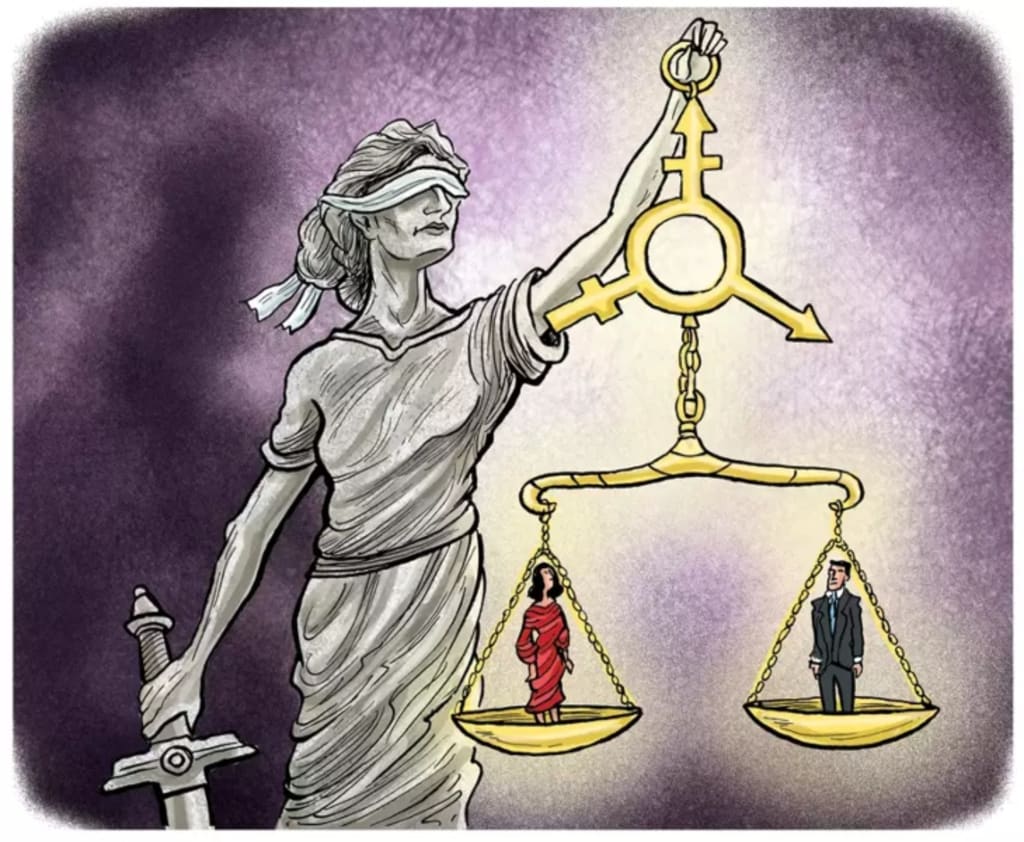Justice or Discrimination
Dive into the complexities of India's gender laws, exploring their impact on equality and public trust. My latest article sheds light on the nuances of gender-neutral laws urging for incremental reforms to foster trust in our legal system.

In the new year, the castigation of Indian laws vis-a-vis the laws that try to alleviate the circumstances by commiserating with women has increased. The enlightenment of this discrimination, as referred to by some people, is taking a fillip among the masses, especially in youth through socio-legal influencers such as Amish Aggarwala. There is nothing wrong with it but reverberating the same point makes the whole idea of amending the laws for better equality defunct as the people prima facie abominate the whole apparatus of the judicial system with a knee-jerk reaction. And this surely creaks the people’s trust in our independent judiciary which has made many precedents of ensuring equality.
Some of these laws are alimony laws under section 125 of CrPC, 1973 in which men tend to pay high alimony to their wives creating financial imbalances many times. Another law is the Domestic Violence Act of 2005 where the sayings of men are considered antiqued and it primarily focuses on envisioning what the woman says. there have been many cases of suicides by men due to these draconian laws. The incrementalism in these laws is imperative to reaffirm the youth’s trust in the laws and judiciary again.
There was hope from the three new laws by the government but they turned out to be the facsimile of the older ones exempting some punishments. However, the government opined that the older ones (of the British Era) were conspicuously ingrated and their sole purpose was to give punishment and not to provide justice. This is a completely slippery slope when the number of years in prison is only increased and the omission of equal laws for men only guises a brewing state of animosity towards our honourable courts.
The deleterious ramifications of skewed alimony laws and a perceived gender-centric approach in these laws underscore the imperative for nuanced and equitable legal reform. Regrettably, recent legislative endeavours, though ostensibly distinct from colonial-era statutes, fall short of comprehensively addressing these concerns, perpetuating a disconcerting trajectory of diminishing public trust in the judiciary.
About the Creator
Enjoyed the story? Support the Creator.
Subscribe for free to receive all their stories in your feed. You could also pledge your support or give them a one-off tip, letting them know you appreciate their work.





Comments
There are no comments for this story
Be the first to respond and start the conversation.